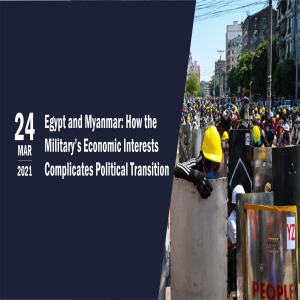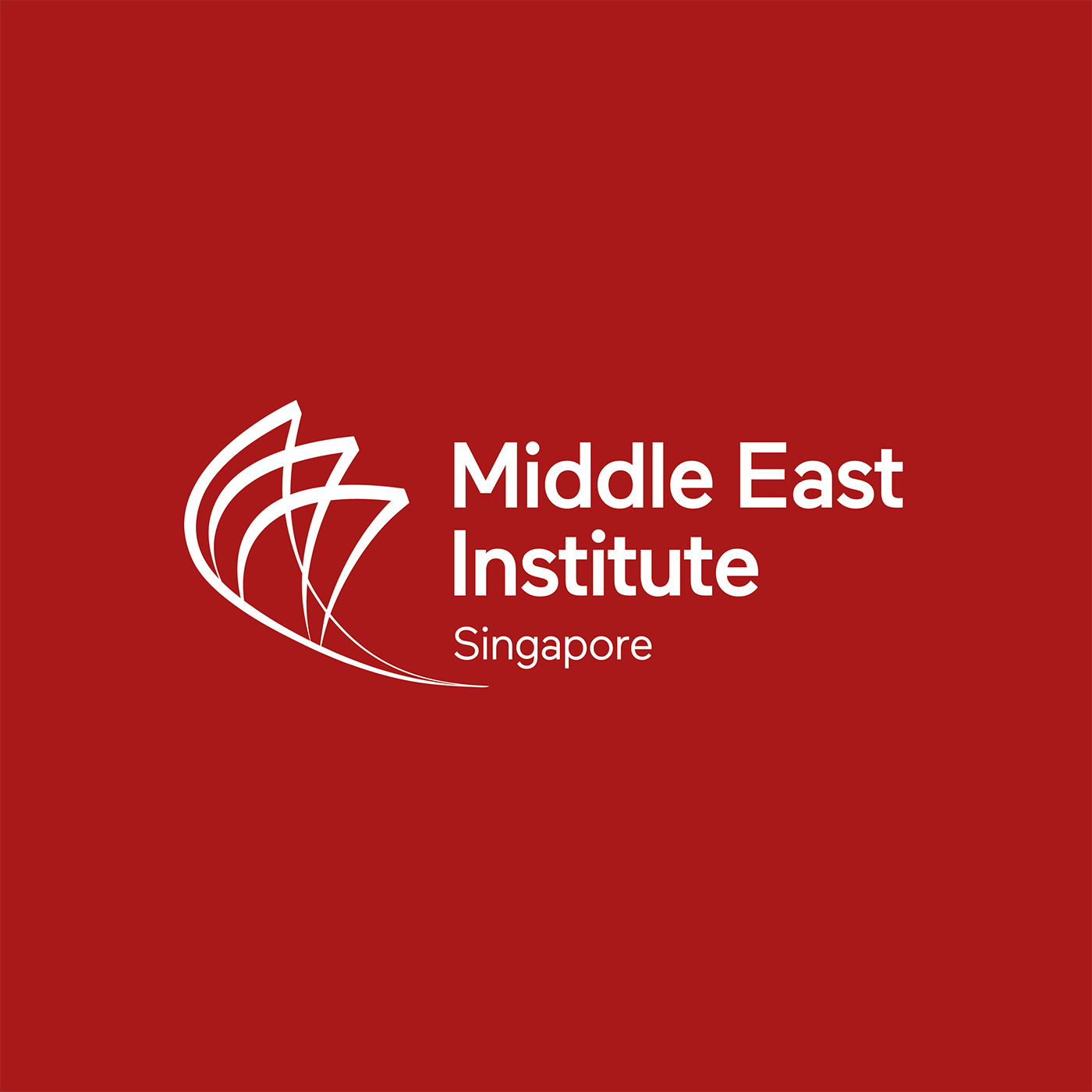Episodes

Tuesday Mar 30, 2021
Tuesday Mar 30, 2021
This event was organised by MEI’s Political Economy Research Cluster on 24 March 2021. Click on the following link for more details: https://mei.nus.edu.sg/event/egypt-and-myanmar-how-the-militarys-economic-interests-complicates-political-transition/
Abstracts
Egypt and Turkey: The Military’s Economic Stake and the Path to Political Transition by Dr Yezid Sayigh
Comparison between the political and economic roles of the National Armed Forces in Turkey and Egypt allows three principal insights. First, the degree to which the military is committed to a dominant economic model has a major bearing on the form and purpose of its own economic activity. It follows that the lack of a clear vision for the path to capitalist development, or an enduring legacy of non-capitalist path to development, allows opportunistic economic activity and raises the military’s stake in holding on to state power.
Second, the retreat of the military role in national politics and government is heavily contingent on social transformations resulting from economic modes that generate significant social classes and private sectors with a higher relative degree of autonomy from the state. The converse is also true – the military may tighten its grip where economic mode and state power impede social transformation of this kind and instead, generate concentration of wealth and widen income disparity.
Lastly, the preceding two dimensions are reflected in the political domain: in a multi-party system, the military tends to act as a balancer and arbiter whereas in a one or non-party system, the military tends to entrench its role as a regime pillar and further concentrate all forms of power in the state.
The Military Coup in Myanmar: Taking Care of Business by Dr Htwe Htwe Thein
The coup in Myanmar is partly about protecting the military elite’s economic interests. These interests are vested in two vast military-owned conglomerates – Myanmar Economic Holdings Limited (MEHL) and Myanmar Economic Corporation (MEC). The spectre of the democratically elected National League for Democracy gradually diluting the military’s political power also challenged its economic power. The military’s conglomerates were established in 1988 when the armed forces were in full control of Myanmar. As market players, they benefitted from Myanmar’s embrace of international trade with Asian investors who, unlike their Western counterparts, did not adhere to US sanctions imposed in 1997 and were only lifted after the political transition in 2011.
Myanmar’s isolation allowed the military to strengthen the conglomerates’ grip on the economy and enrich senior military personnel by controlling licensing, issuing concessions and developing partnerships with Asian investors and emerging domestic private businesses that were dependent on the armed forces. The military maintained its economic interests and partnerships over the last decade despite the transition from military to quasi-civilian rule in 2011 and the subsequent shift into-quasi democratic rule.
That is the primary reason why the Civil Disobedience Movement, since the coup on 1 February 2021, has emphasised a boycott of products and services provided by the military’s conglomerates as well as domestic and international businesses that are part of the armed forces’ nexus. The focus on the nexus highlights the need for future transition to involve both political and economic change and the international community can contribute to that by designing sanctions accordingly.


No comments yet. Be the first to say something!